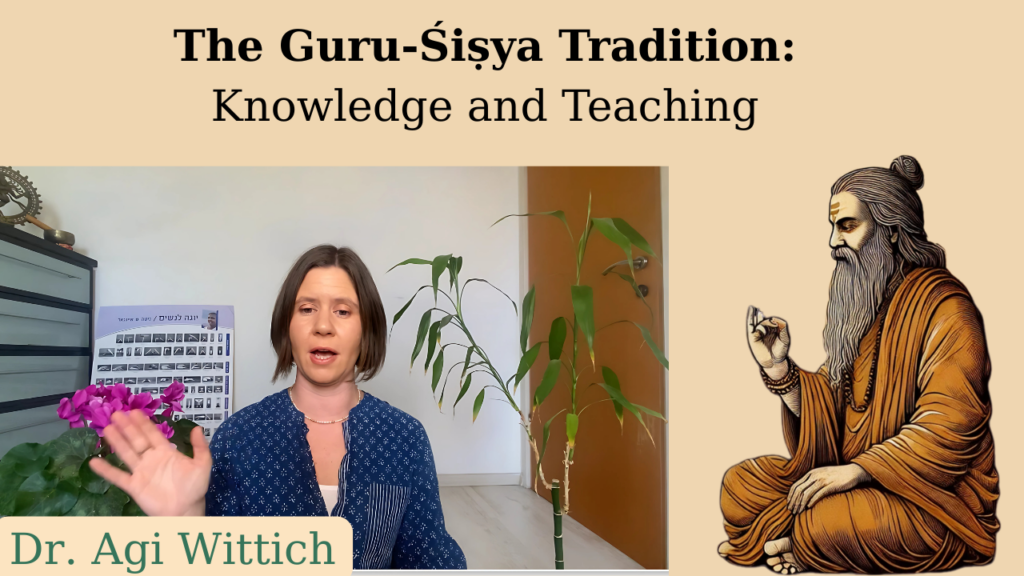
This talk opens a three-part exploration into the guru–śiṣya (teacher–student) tradition — the living current through which yogic knowledge is transmitted. We will inquire into the nature of true learning: What makes one ready to receive knowledge? What inner qualities prepare us for transformation? And how do these ancient questions shape our modern approach to practice and teaching?
Through three timeless stories from the Upanishads (800–500 BCE), we’ll enter the intimate world of teacher and student, where knowledge is not simply taught, but awakened:
These narratives mark a turning point in Indian thought — from ritual action to inner realization. They illuminate the qualities of humility, perseverance, courage, and discrimination (viveka) that make learning truly transformative.
For yoga practitioners, these stories offer practical insight into approaching practice with reverence, discernment, and self-inquiry. For teachers, they reveal how to recognize readiness in students, cultivate depth beyond technique, and hold space for authentic transformation.
Whether you are walking your own path of study or guiding others, this session invites you to reflect on the psychological, ethical, and spiritual dimensions of learning — as they have been lived and taught for over two millennia.
Agi Wittich is a yoga practitioner since two decades, and is a certified Iyengar Yoga teacher. Wittich studied Sanskrit and Tamil at the Hebrew University of Jerusalem, Israel, completing a PhD with a focus on Hinduism, Yoga, and Gender. She has published academic papers exploring topics such as Iyengar yoga and women, the effects of Western media on the image of yoga, and an analysis of the Thirumanthiram yoga text.